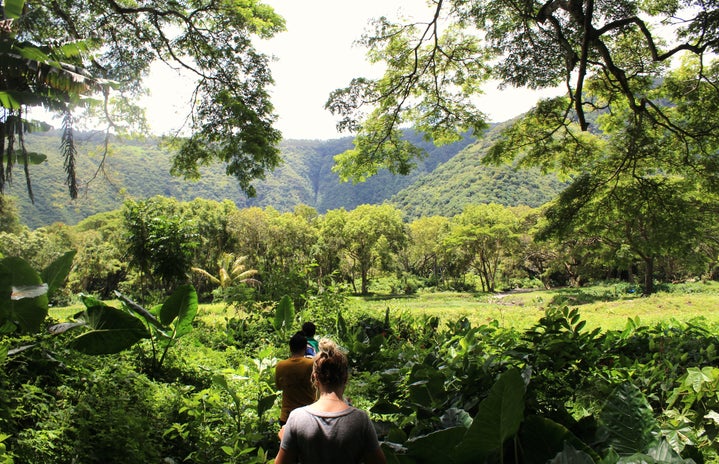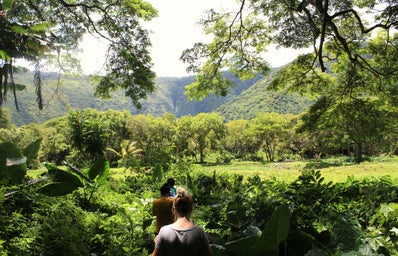We are in the middle of Hispanic Heritage month and this is a time now more than ever when Hispanics are proud to celebrate their roots and culture. Here are five intriguing facts about my roots in Costa Rica that you may not have known!
- Costa Rica is extremely environmentally friendly
-
According to the UN Environment Programme, 98% of CR’s energy is renewable, and “forest cover now stands at more than 53 percent” following efforts to reverse deforestation. CR is known for its beautiful nature, including the beaches of Manuel Antonio, the forests of Monte Verde, and the volcanoes Poas and Arenal.
- Costa rica does not have a military
-
Following the abolishment of its military over seventy years ago, Costa Rica has chosen to be a country of peace, which it still is today. There have not been armed forces of CR since 1949, and the country is referred to as the “Switzerland of Central America.”
- The greeting in CR is “Pura Vida”
-
Do not be surprised if you hear Costa Ricans greet each other with an excited proclamation of “pura vida!” This term literally translates to “pure life,” a reminder of the true spirit of the Costa Rican people. In fact, at a school meeting last week, I learned that the person sitting next to me was also Costa Rican. We immediately greeted each other in Spanish, saying “pura vida!”
- Costa Ricans call themselves “Ticos”
-
The people of Costa Rica are not only known as Costa Ricans, but as Ticos, with “Tica” meaning a Costa Rican woman, and “Tico” referring to a Costa Rican male. (Random thought: we, as Costa Ricans, need to make a gender-neutral term for Ticos.)
- The traditional Costa rican dish is gallo pinto
-
The famous Costa Rican dish gallo pinto can be served for any meal of the day. With breakfast, it is often accompanied by eggs and sweet plantain. It consists of white rice, black beans, onion, and cilantro. There is even a saying in Spanish that translates to “more Tico than gallo pinto,” meaning that someone is more Costa Rican than the most common CR dish.


